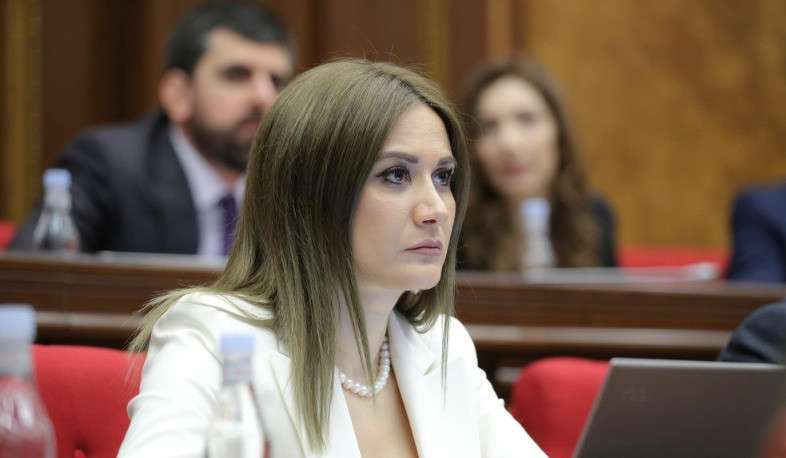Arusyak Julhakyan, a deputy of the National Assembly KP faction, wrote on her social media page:
"Artsakh has never been left out of the negotiation process. This is a false thesis that they continuously try to present to our people. Give one example: during my term, the co-chairs came to the region and did not go to Karabakh or meet with the Karabakh leadership. The Minsk Group's actions involved Karabakh's involvement; Karabakh was a party to the conflict. It is a thesis used for propaganda purposes, which is not substantiated by any factual circumstances," says Kocharyan.
Of course, it is substantiated, but I will touch on it later. Before the justifications, I will say that Kocharyan did not choose the correct addressee for this statement. Kocharyan must first convince his teammates that Karabakh has never been left out of the negotiation process because the latter have been insisting for months that Karabakh has, yes, been left out of the negotiation table, but that happened not under Kocharyan, but under Ter-Petrosyan. They even had to dig through Liparityan's articles, books, and more to substantiate the above.
In addition to his teammates, Kocharyan must also convince himself that Karabakh has never been left out of the negotiation process. Thus, in an interview with the "Hayots Ashkhar" daily on October 24, 2018, Kocharyan said: "Of course, we must strive to return Artsakh to the negotiation process. And, I note, the last time Artsakh was at the negotiating table was in November 1996, during the negotiations held in Helsinki within the framework of the Minsk Group. Remember that I became the President of the Republic of Armenia in 1998."
Yesterday, Kocharyan asked journalists whether there was even a single case in which he contradicted himself and said one thing and another on the same issue. If briefly, then yes.
Now, let's turn to the justifications. The 1994 ceasefire was signed between the three sides. The ceasefire document bears the signatures of Armenia, Azerbaijan, and Nagorno-Karabakh representatives. In 1994, Karabakh was an entire party to the negotiations. In July and December 1997, respectively, the Package and Phased versions of the settlement were sent by the Minsk Group co-chairs to three capitals: Yerevan, Baku, and Stepanakert. Nagorno-Karabakh had the right to veto these options and, therefore, was an entire party to the negotiations.
In 1998, the general state option, the President of the Republic of Armenia, was already Robert Kocharyan. The negotiation documents were again sent to Yerevan, Baku, and Stepanakert, and Karabakh had the right to veto them, meaning it was an entire party to the negotiations. In 2001, the Key West option, the co-chairs' proposal, was sent only to official Yerevan and Baku. In this regard, the Minsk Group Co-chair Kazimirov said in an interview with the Zhoghovurd daily: "Robert Kocharyan came from Artsakh and became president, and in fact, he was also perceived by the international community as a representative of Artsakh."
Thus, it is undeniable that Kocharyan left Artsakh out of the negotiation process, and this was perhaps the price of digesting the palace coup and becoming the President of the Republic of Armenia unconstitutionally with the international community."


















